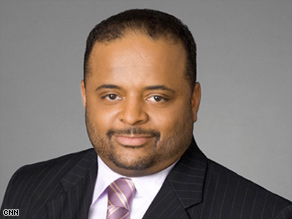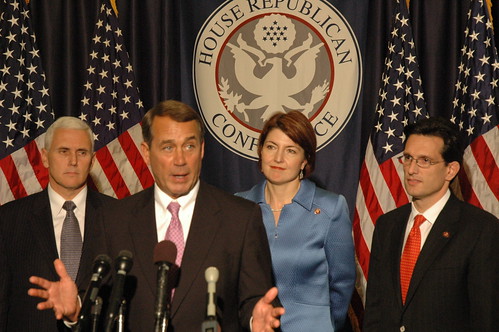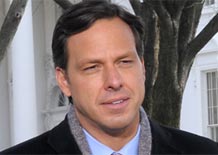By GOV. CHRISTINE TODD WHITMAN

If looking at the sea of faces gathered on the National Mall for the inauguration of President Obama did not send a clear message that the political winds have changed dramatically, then I wonder if anything will. Black and white, young and old, men and women from every religion and walk of life were there to watch a new sense of hope taking form. They may not have all voted for Barack Obama, but they certainly supported him on that day and reveled in the new vision for our country.
Unfortunately, the issues that seem to be the focus in choosing the next chairman of the Republican National Committee suggest the Republican Party is still firmly focused on the past. While most Americans are hoping that the new administration can find a way out of our economic woes, the candidates for national chairman are being asked how many guns they own. As Americans wonder about whether the country will ever see a balanced budget or the ability to access health care and quality education, the members of the national committee seem more concerned about a candidate’s firmness in their opposition to abortion.
In fact, an organization of which I was a co-founder and its members are being cast out as unwanted members of the party. The Republican Leadership Council (RLC) is being held up as a subversive undertaking, precisely the accusations the National Committee members are saying the party should avoid. The RLC was formed to support Republicans who could win no matter where they stood on the social issues. While some have accused the RLC of being a pro-choice organization, two of our three chairs were pro-life. Indeed, I was the “odd man out” on that issue; it was irrelevant because abortion was not our focus, and it was not raised on our candidate survey or our website. In fact, a quick visit to our home page makes clear our goals:
We look forward to working with Republicans across the country to build a strong coalition of individuals who want the Republican Party to return to its traditional, fiscally conservative roots. The Republican Leadership Council supports:
* Low taxes with balanced budgets;
* Strong national defense;
* Engaged foreign policy;
* Protection of the environment; and
* Less government interference in individual lives.
But the RLC’s mission is not the issue at hand; the future of the Republican Party is. Our country needs two vibrant parties. Promoting these issues used to be the party’s mission, but I fear we have gone dangerously off course. What happened to the party that used to advocate for smaller government, more local control and the responsibility for individuals to govern their own lives, the party that had balanced budgets at the core of its beliefs?
If Republicans continue to look solely for purity on a host of social issues, we are destined to be the minority for the foreseeable future. Let’s face it – the Democrats captured the hearts of the younger generation in this election. They did so with a promise of hope and opportunity. Those should be benefits that the Republicans have to offer – the promise of smaller government, reduced taxes and balanced budgets are Republican issues as is the protection of our environment. Sadly, our party has lost its course in recent years and those values are not what the electorate envisions when they hear the word Republican. Surely anyone who looks at the party’s losses in 2006 and 2008 can recognize that more of the same – or moving farther from the center where most voters are comfortable – is not the way to reverse this trend.
All is not lost. With the RNC chairman’s race this weekend our party has an opportunity to declare a bright future for our party, and in turn, for the nation. I hope the national committee voters recognize this need and take some much-needed steps to reclaim the focus on fiscal conservatism that once made our party great.
Christine Todd Whitman served as governor of New Jersey from 1994 to 2001 and administrator of the Environmental Protection Agency from 2001 to 2003.
Original here
![[Wonder Land]](http://s.wsj.net/public/resources/images/ED-AI935_wl0129_DV_20090128124719.jpg) AP
AP

 Despite the fact that House Republicans will be defending 178 seats compared to 255 for Democrats (a 41% to 59% difference), GOP Representatives on the Hill are looking at the very real possibility of falling even further into the minority in 2010.
Despite the fact that House Republicans will be defending 178 seats compared to 255 for Democrats (a 41% to 59% difference), GOP Representatives on the Hill are looking at the very real possibility of falling even further into the minority in 2010.



